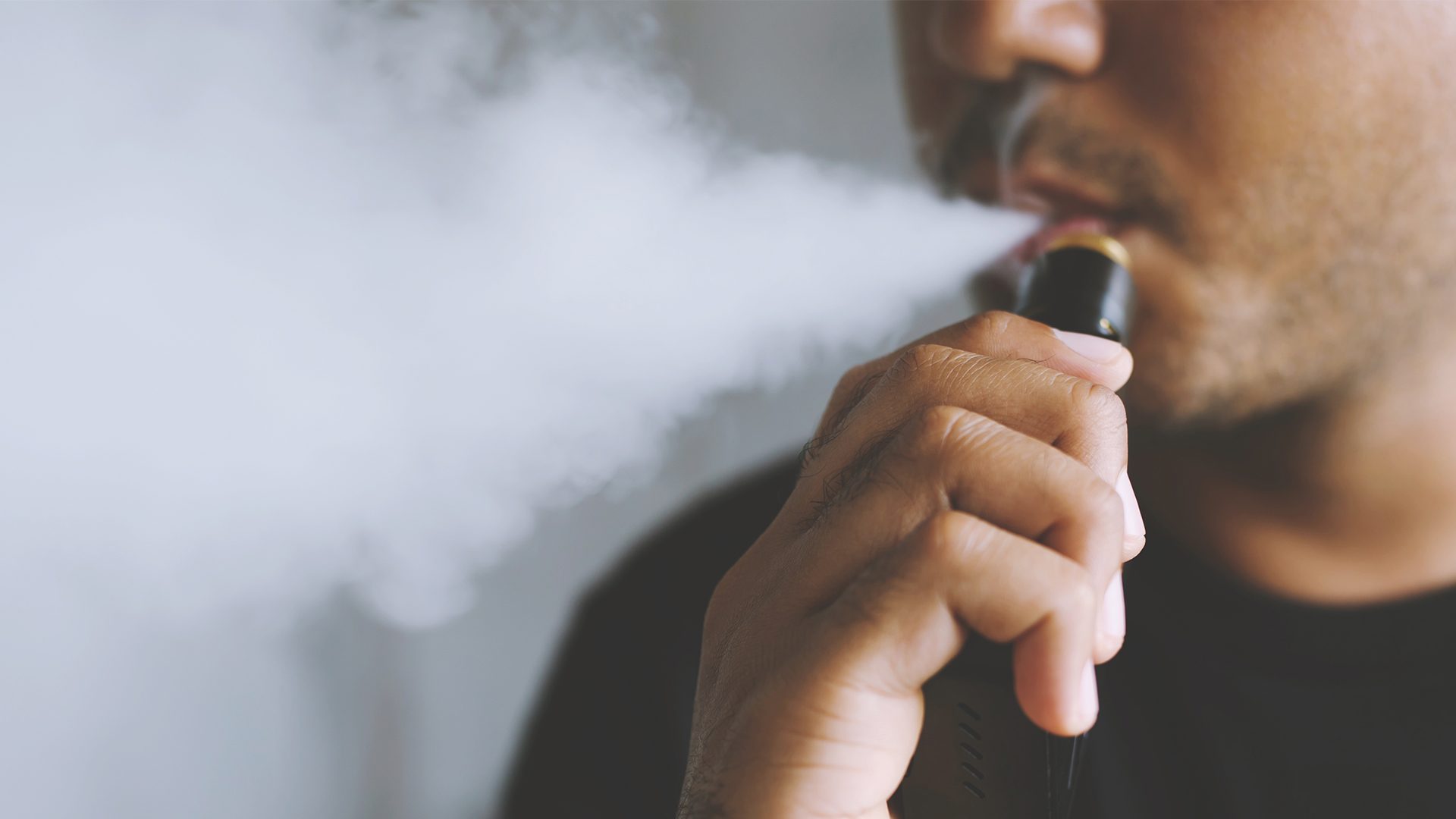SUMMARY
This is AI generated summarization, which may have errors. For context, always refer to the full article.

MANILA, Philippines – The Department of Education (DepEd) has joined the medical community and the Department of Health (DOH) in appealing to President Rodrigo Duterte to veto what they called “anti-health” Vaporized Nicotine Products Regulation Act, which was approved by the Senate in December 2021.
In a statement on Thursday, March 17, the DepEd said that it was taking a stand “against the so-called ‘anti-health’ vape bill, which will weaken the existing law and the executive order against Electronic Nicotine Delivery Systems (ENDS) or Electronic Non-Nicotine Delivery Systems (ENNDS) commonly known as e-cigarettes or ‘vapes.'”
“If passed into law, the bill will erode the important provisions already set forth in Republic Act No. 11467 and Executive Order No. 106, both signed by the President in 2020. The law and the executive order already regulate electronic nicotine/non-nicotine delivery systems, heated tobacco products, and other novel tobacco items,” the DepEd added.
Should it become law, the bill will lower the age of access to vapor products from 21 to 18 years old. Aside from this, it will also transfer the regulation of the products from the Food and Drug Administration (FDA) to the Department of Trade and Industry.
The DOH earlier said that the vape bill was “retrogressive and contains several provisions that contradict public health goals and international standards.”
“It also undermines the country’s progress in tobacco and control. By lowering the age of access to vapor products from 21 to 18 years old, allowing flavorings, and permitting advertising and sponsorship strategies, the bill, when passed into law, will expose our youth to harmful and addictive substances by making vapor products enticing and easily accessible,” the DOH added.
The health department maintains that “vape products are harmful and not risk-free and should be regulated as health products due to their toxic substances and effects.”
870,000 students are 18 yrs old
The DepEd expressed concerns, saying that at least 870,000 of basic education students are aged 18, while some 1.1 million students in senior high school are aged 18 to 21.
“We teach in schools how the part of the brain that is responsible for rational decisions does not fully develop until one is in their mid-20s. Before that age, young people are very vulnerable to engaging in risky behaviors such as substance use and abuse. If there will be any attempt to amend existing laws, it should be to increase the age of access to harmful products, not lower it,” the DepEd said.
‘Not science-based’
Lawyers and the medical community have decried the “fake news” behind the vape bill.
“The vape bill is grounded on fake science and fake news,” said Atty. Sophia San Luis of the ImagineLaw during an online forum on Thursday.
Proponents claimed that vape bill would provide “safer” alternatives to cigarettes.
“The vape bill, once signed into law, will ease current restrictions on these products. The provisions of the bill clearly favor the interests of the tobacco and vape companies, allowing them to attract even non-smokers and penetrate a younger market in the Philippines,” San Luis said.
Meanwhile, Dr. Ulysses Dorotheo of the Southeast Asia Tobacco Control Alliance (SEATCA) said that the “vape bill is not science-based.”
Dorotheo argued that “while long-term effects of using vape and e-cigarettes are not yet established, many studies already show that these products contain many harmful chemicals, cause serious health harms, promote addiction, and do not reduce smoking prevalence.” – Rappler.com
Add a comment
How does this make you feel?
![[OPINION] Tobacco, vape groups are bullying public health advocates in a pandemic](https://www.rappler.com/tachyon/2021/07/imho-tobacco-bully-1280.jpg?fit=449%2C449)
There are no comments yet. Add your comment to start the conversation.